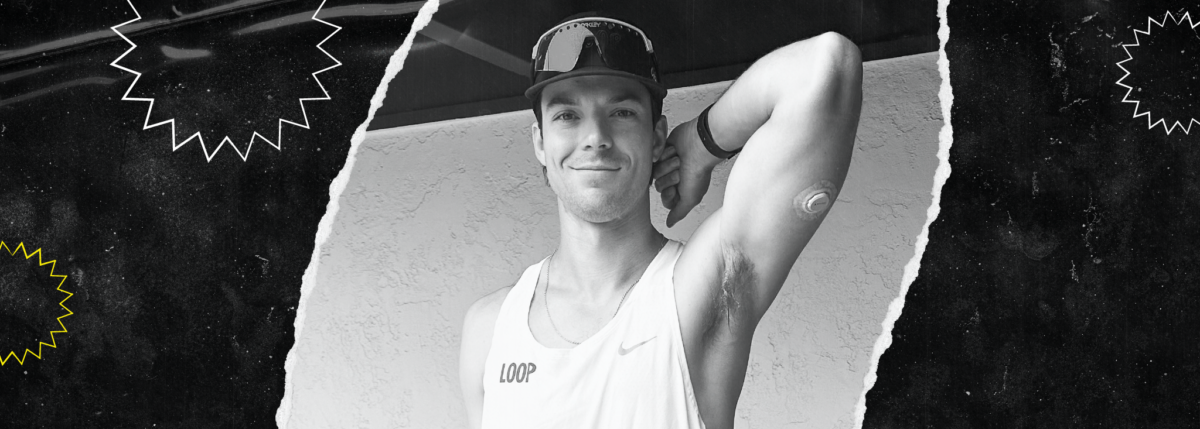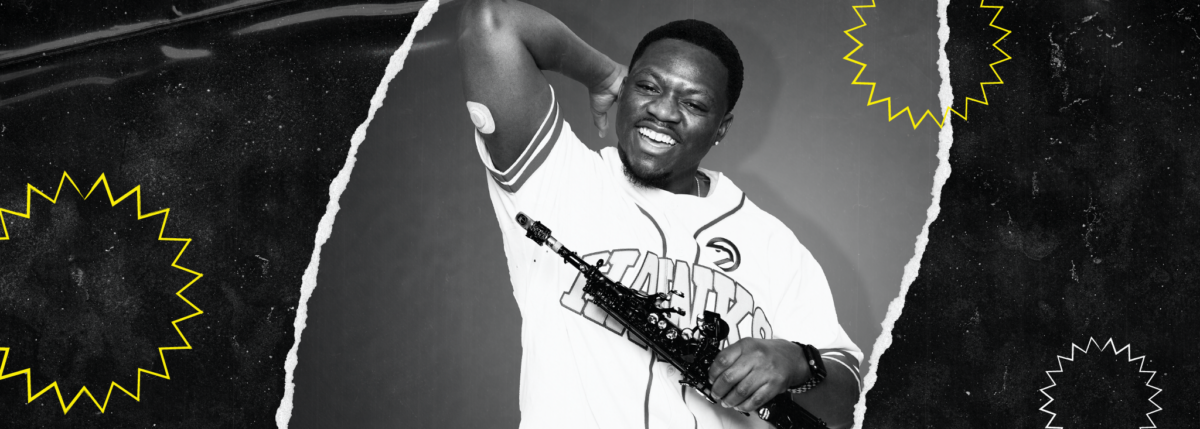A Thank You to Diabetes
Written by: Felicia Fil
4 minute read
November 5, 2020
Editor’s Note: Felicia is a member of the Diabetes Scholars Class of 2020. Diabetes Scholars is a program of Beyond Type 1.
When something unfortunate happens to someone, we tend to blame them. We tend to think it was that person’s fault and that they did something to deserve the unfortunate thing. For example, when someone gets diagnosed with lung cancer, we think they must’ve smoked all their life. Likewise, when someone gets in a car accident, we think they must’ve been speeding. The same thing happens when someone is diagnosed with diabetes… We naively think they must’ve eaten too much sugar.
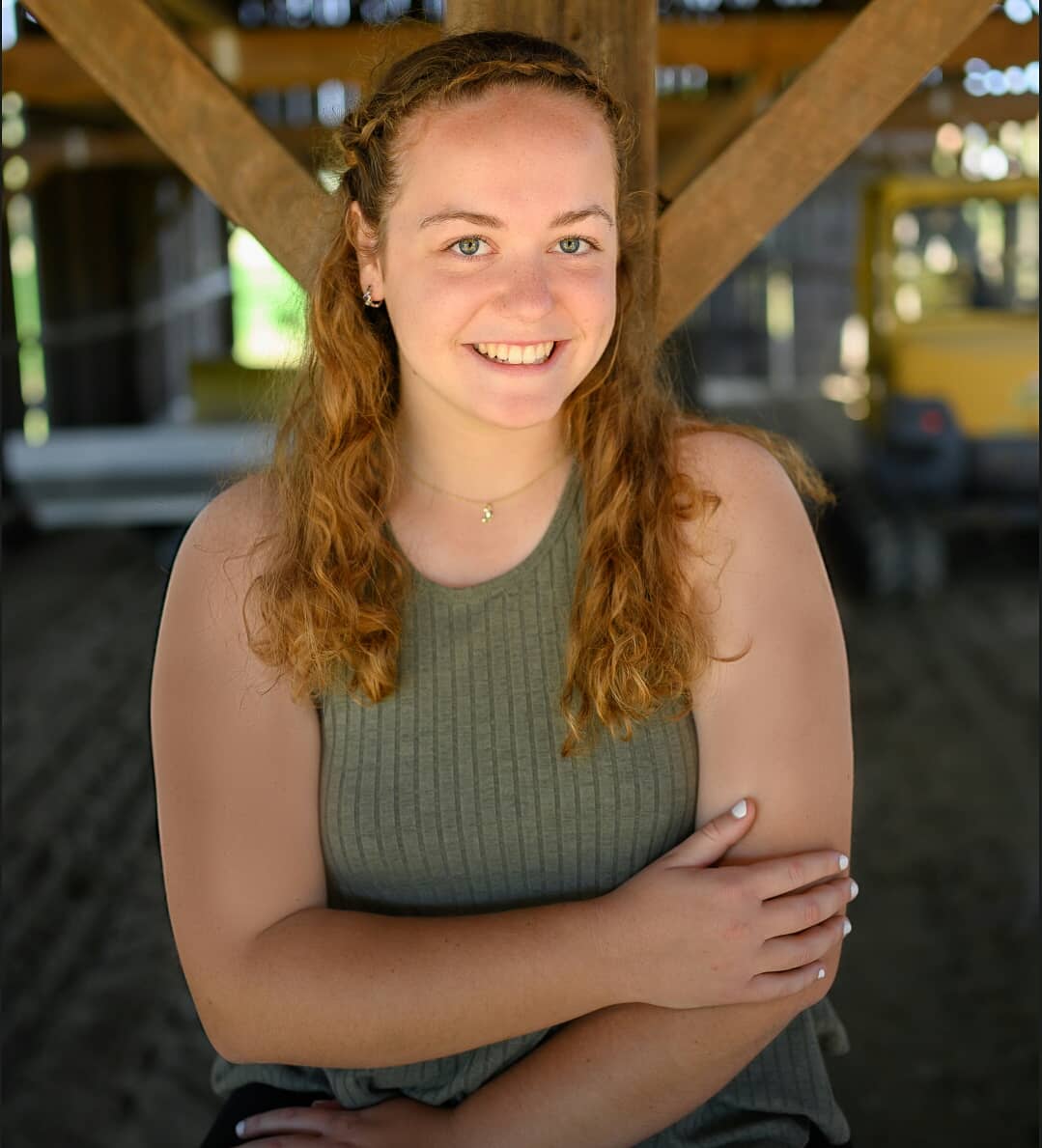
In reality, we can’t control most things that happen in our lives, but we can control how we respond to them. Diabetes was something I never saw coming, but I knew that how I chose to handle it would speak volumes about the kind of person I am. I would learn to rise above time and time again.
My last supper
Sitting in the Baystate Medical Center cafeteria, I didn’t know it then, but I was eating my “Last Supper.” It was the last meal I ate without paying attention to food carb content and I ate the worst food a person with diabetes could eat. I grabbed lasagna, potatoes, high carb juice, brownies—pretty much anything that had carbs. What pained me more than knowing it was my last meal without having to administer an insulin injection was that this diagnosis was going to bring pain and suffering not only to myself but also to my parents, brothers, other family members and friends. My family doesn’t live my story, but they certainly share my story. And ever since, they’ve provided a shoulder to cry on, came to appointments and made sure I had all my supplies. I found out who I could count on, who would show up for me, and who would stand by my side through thick and thin. I think what broke everyone inside was that there was absolutely nothing they could do—there is no cure. It’s hard to watch someone you love suffer and it’s even harder to know that there is nothing in your power you can do to make it go away. Although I didn’t know it then, July 26, 2010 was the last day of my childhood.
I downright hated the inconvenience of being a person with type 1 diabetes. Diabetes always finds a way to make sure you know it is there; from my Six Flags field trip when my blood sugar was low and I spent the day in the medical center right up until my last day of high school when I was on the phone with my insurance company because my Dexcom receiver had gone missing. Diabetes has no sick days, no vacations and no days off. It’s a battle that has no end. At 8 years old, I should’ve been able to eat an ice cream cone without having to worry how many carbs were in it. I should’ve been able to go swimming without worrying about my site falling off. I should’ve been able to go on field trips without having to worry about where I would put my diabetes supplies bag. I should’ve been able to play in a soccer game without having to worry about my blood sugar levels going extremely high or extremely low. I should’ve been able to get eight hours of sleep without interruption. These things should not have been at the forefront of a child’s mind, but they were for me because this was my new life. I didn’t think these requests were so unreasonable, but they were all things I could no longer have. I felt robbed. Robbed of a normal life, of childhood, of my happiness.
Change is hard, but you grow through what you go through. I was right that diabetes had closed a window of opportunities, but I soon realized it also opened a gateway to new ones. If you ever find yourself stuck in life, I assure you that you will find a way out. Remain patient and things will slowly work out and if you can’t see a way out, create one.
A gateway to new opportunities
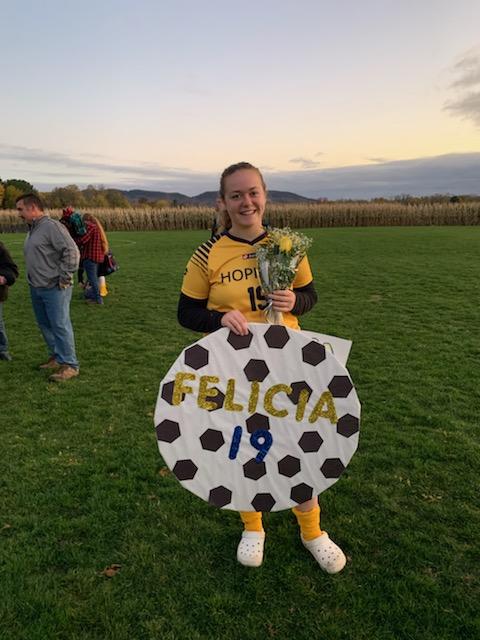
The Clara Barton Camp in Oxford, MA provided a way out for me for many years. My mom decided to enroll me in camp and it turned out to be a tremendous idea. She pushed my shy 8-year-old self to take that step into the unknown. (Note: Find those people who push you out of your comfort zone and never lose contact with them!) The camp was filled with people who also have diabetes and understood what I was going through. Obviously no two journeys are ever the same, but people understood the general obstacles of the disease because they lived it—and it was a breath of fresh air. Whether I was low, high, or giving an injection, no one looked at me like I was crazy or seemed phased by it at all. It was so nice to be surrounded by people who understood me. I wasn’t looked at as being different, less capable, or weaker than anyone there. I felt comfortable and I felt at home. That feeling alone was worth it.
In sharing this, my sincere hope is that people start listening to each other’s stories and experiences. Not only by listening to those within the diabetes community, but listening to everyone in the world because we all fight our own battles and deserve to be heard. How can someone claim to know the needs, wants and struggles of a community that they aren’t even a part of? This is why it is imperative to listen. No two stories are the same and diabetes is an equation that has an endless amount of variables. I work day in and day out to try to come up with the best solution that is right for me. I have internal struggles I fight, but I am often hesitant to openly talk about them for fear of people thinking I am complaining or weak. But there are a lot of good people with an open mind who are very accepting and eager to listen and learn. Surround yourself with those types of people because once you start to see your worth, you will stop surrounding yourself with people who don’t.
The “why” becomes clear
It’s commonly said that everything happens for a reason and it took me years to discover that reason. If someone had told me at 8 years old that I would have a lifetime of doctor visits to the point where I considered the hospital my second home, I might have just given up right then and there. But over the years, I started changing my mindset of thinking diabetes was a burden and started viewing it as a blessing. I realized that rock bottom can teach you lessons that mountaintops never will.
Diabetes prepared me for hardship. It taught me to push through my hardest days, to find strength when I needed it most, and constantly reminded me it’s okay not to be perfect. It taught me to strive for excellence in everything I do, work at becoming the best version of myself every day, and to count my blessings just as frequently as I counted my carbs. When people ask me to describe my life I often say it’s a rollercoaster because it truly is. Before I got on this ride, I felt anxious, fearful, and scared to go into the unknown. I’ve had ups, I’ve had downs, but in the end, I know that I’m better because of it. I wouldn’t have become the young woman I am today without having to live with this life-changing disease and for that I am thankful. I don’t think the world says enough thank you’s, so… Thank you, type 1 diabetes.
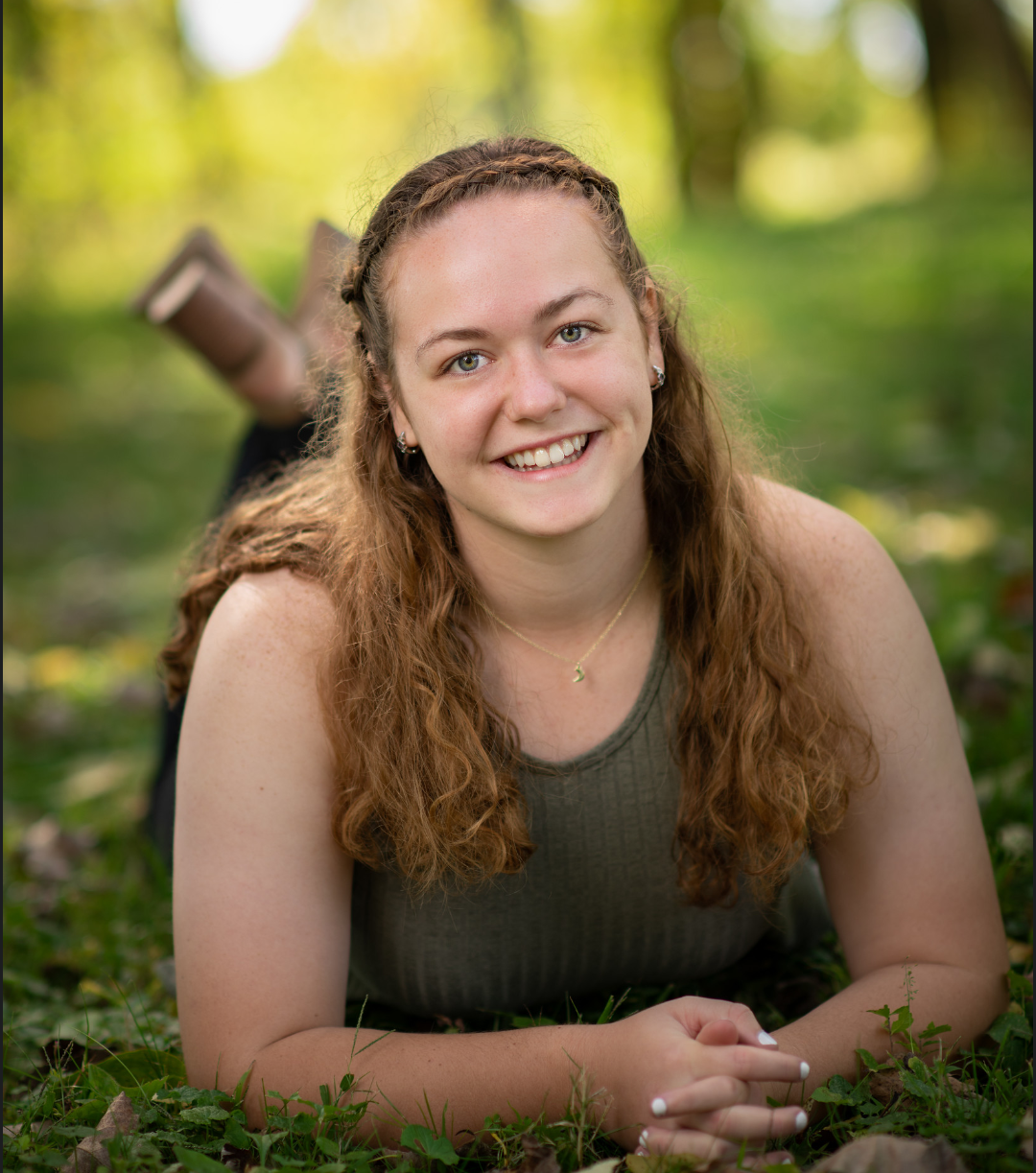
Author
Felicia Fil
Felicia lives with type 1 diabetes (T1D) and is a member of the Diabetes Scholars Class of 2020.
Related Resources
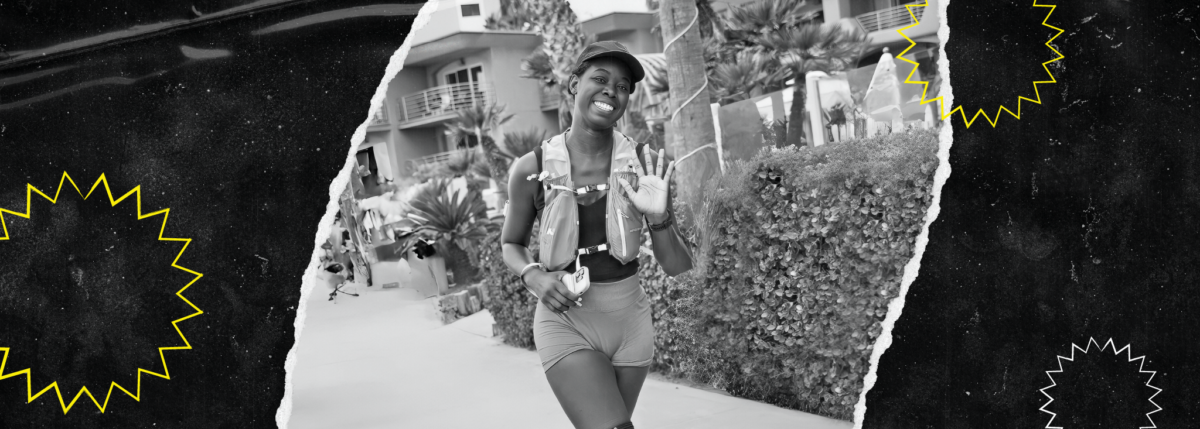
Danica Collins not only prepared for one of the most challenging physical events of her...
Read more
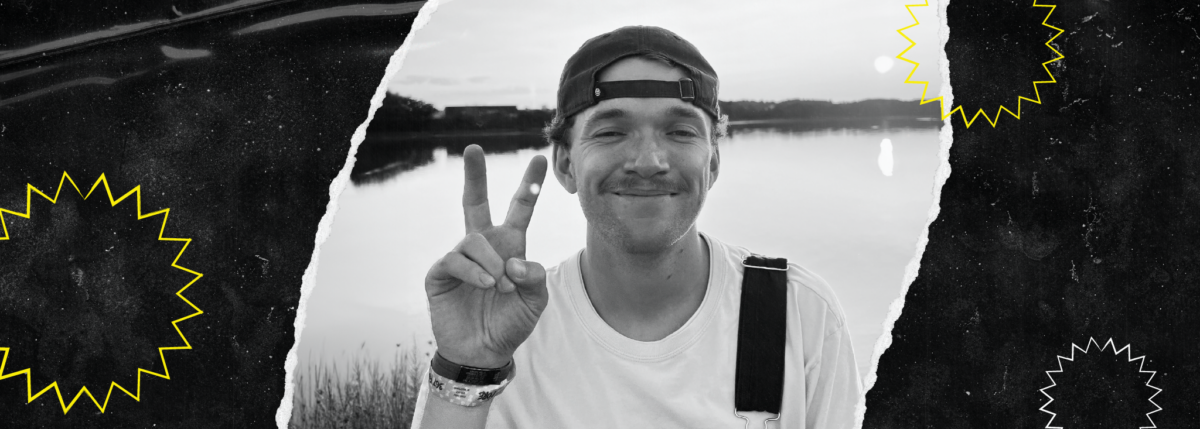
Beyond Type 1 is spotlighting inspiring athletes with type 1 diabetes as they prepare for...
Read more
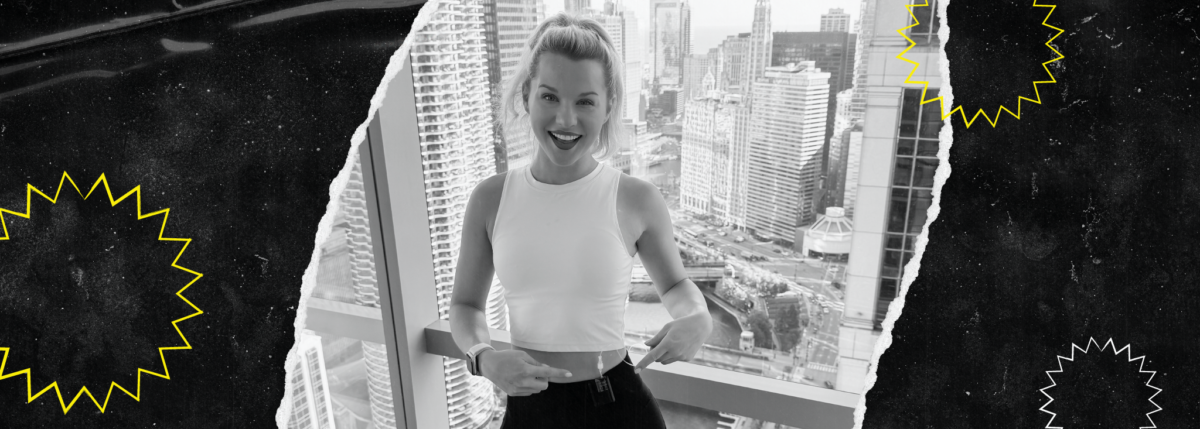
On November 3, 2024, Taylor Rindfleisch of Chicago laced up her running shoes for the...
Read more
